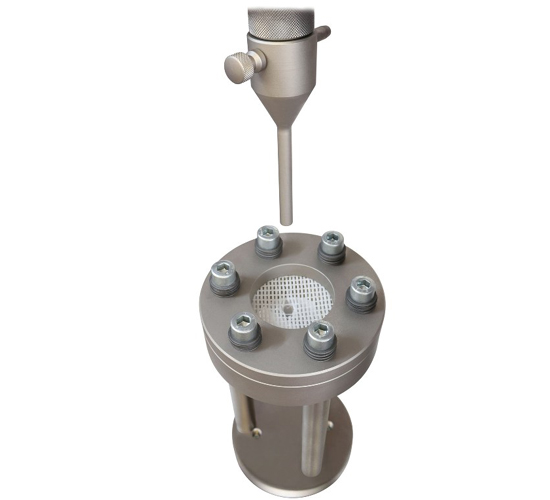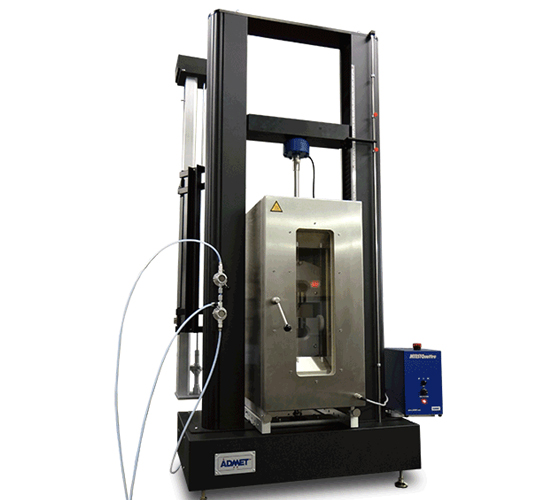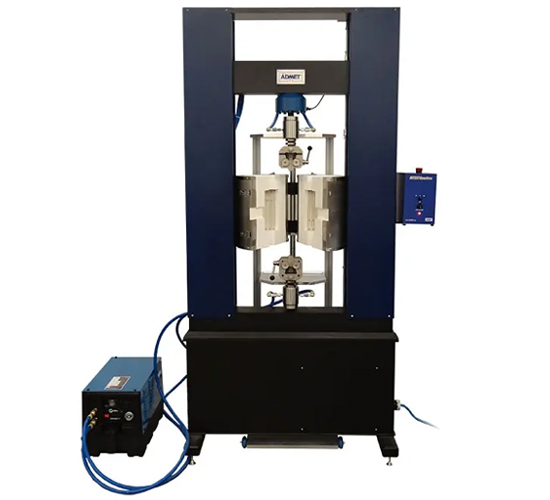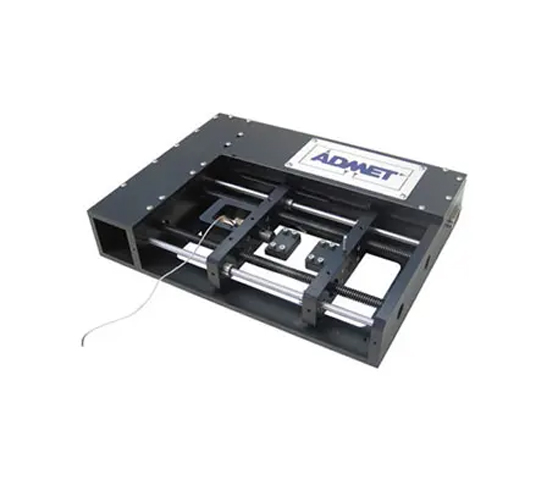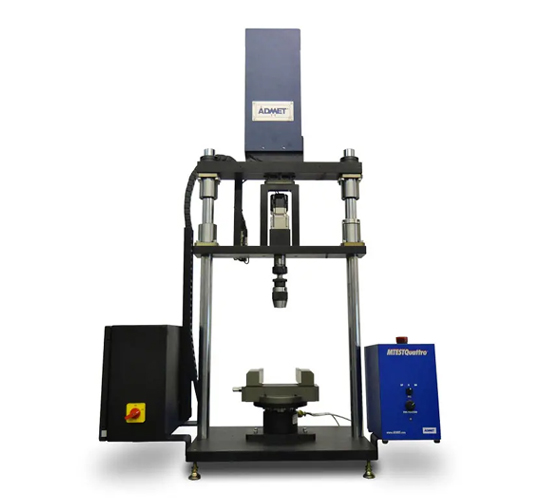Bolt Grips Overview
Bolt Grips are specialized testing accessories designed for use with universal testing machines to securely hold bolts, fasteners, and similar threaded components during tensile or shear testing. These grips are ideal for evaluating the mechanical properties of bolts, including tensile strength, elongation, and breaking force, making them essential for industries like automotive, aerospace, construction, and manufacturing.
The Bolt Grips are engineered to provide a strong and secure hold on bolt specimens without damaging the threads or altering the material’s integrity. The design ensures even distribution of force across the bolt, reducing the risk of premature failure caused by improper clamping. This allows for precise and repeatable testing results.
These grips are compatible with a wide range of bolt sizes and types, from standard fasteners to custom or high-strength bolts. Adjustable settings make it easy to fit various specimen dimensions, offering versatility for diverse testing requirements. Whether testing small bolts or larger industrial fasteners, Bolt Grips are designed to handle the load efficiently.
Constructed from high-quality materials like steel and aluminum, these grips are built to withstand heavy loads and prolonged use in demanding environments. Their robust construction ensures long-term durability and consistent performance, making them a reliable choice for both research and production testing.
Bolt Grips are easy to install and integrate seamlessly with most universal testing machines, ensuring a smooth testing workflow. Their user-friendly design makes them suitable for both experienced technicians and beginners in materials testing.
For industries that depend on the reliability of fasteners, such as construction and automotive, Bolt Grips provide the accurate data needed to assess material performance, ensure safety standards, and improve product design.
For more information on Bolt Grips, customization options, and universal testing machine price, contact us today.

